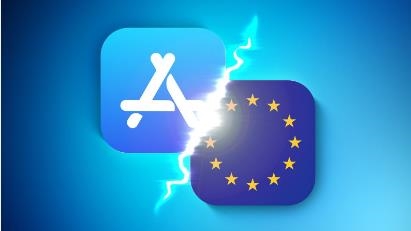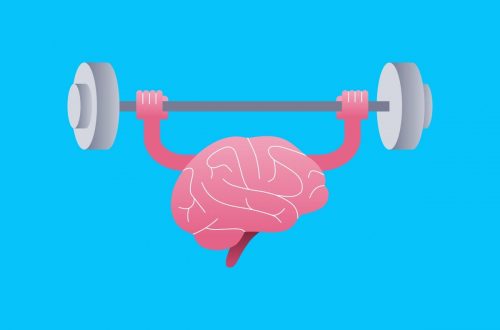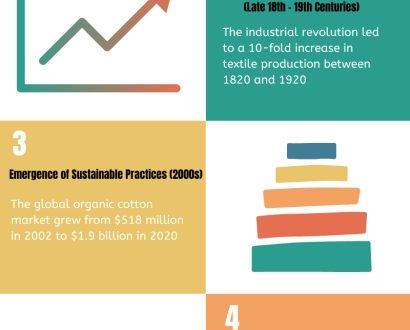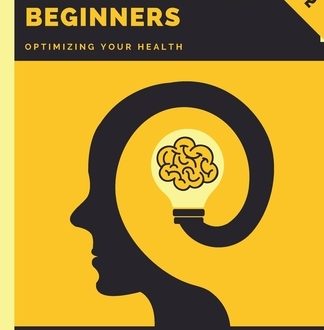Apple is going to change the way its ecosystem works by letting third-party app stores on iOS 18 and iPadOS 18 across the European Union. This will happen on September 16, 2024, thanks to the EU’s Digital Markets Act (DMA). This is a huge change from Apple’s App Store, which has always been closed off to other companies. It gives European consumers a rare chance to explore apps outside of Apple’s walled garden, changing the way apps are distributed in a way that reminds us of the old browser wars.
For years, people praised Apple’s tightly controlled app store for its strong security and privacy, but they also criticized it for having a monopoly and charging high fees. The EU now calls Apple a “gatekeeper.” The company has to follow the DMA’s rules, which means it has to let go of its control over app ecosystems. This is to avoid huge fines (up to 10% of global turnover) and to make the marketplace more like what consumers and developers want.
Starting with iOS 18 and iPadOS 18, EU users will be quite powerful. They will be able to install apps from approved third-party stores like Setapp Mobile, AltStore, and BuildStore, or even directly from creators’ websites, without Apple’s usual curation. This opens up a lot of new possibilities, letting creative marketplaces grow without being held back by Apple’s old constraints around content and payments. Also, web developers will be able to build browsers with their own engines on iPadOS. This is a really new idea that will make the user experience better and provide them more options.
Still, this enhanced openness comes with serious privacy and security issues that have been duly addressed. Apps that don’t go through Apple’s strict App Store vetting could be more likely to have malware or less moderation. Screen Time, Family Sharing, and Ask to Buy are some of the most significant components of the ecosystem that apps installed through these new channels are likely to have limited support for. This shows a small but important trade-off between Apple’s typically smooth experience and the benefits of deregulation.
Apple is responding by creating a Notarization procedure for any apps that are sent through these channels. This process includes both automated and manual reviews to make sure that basic protections are in place, even though they don’t have all the constraints of the App Store. Developer and alternative store responsibility for customer service and fraud detection will go up a lot, similar to how Android’s Google Play has a balance of openness and responsibility.
People who watch the industry think that consumers will enjoy a new wave of creativity and choice. This is because developers will be more motivated to avoid Apple’s 15-30% commission walls. This is especially good for new app creators and startups that want to break free from traditional gatekeeping. This move marks the beginning of an era in which digital marketplaces compete in a healthy way. It might lead to a highly competitive environment that changes expectations around the world, not just in the EU.
Apple’s support for third-party stores under the DMA is a carefully thought-out step toward a federated, multi-store environment that encourages innovation, openness, and consumer sovereignty. Some users may feel like they are entering a huge app bazaar that requires constant attention, but this change significantly changes how digital choice and regulation work together, establishing a very clear example for the future of mobile software.
—
**Important things to know about Apple’s iOS 18 third-party app store launch under DMA:
– via September 16, 2024, EU users of iOS 18 and iPadOS 18 will be allowed to download apps via third-party marketplaces and developers’ websites.
– The European Commission calls Apple a “gatekeeper” and requires this change under the DMA to make the market more fair.
– Apple requires a Notarization check for all distribution channels, which keeps things safe without putting too many restrictions on the App Store.
– Apps from other shops don’t work as well with core Apple features like Screen Time and Family Sharing.
– New browsers on iPadOS might use their own engines, giving users more options than just WebKit.
Setapp Mobile, AltStore, and BuildStore are some of the most well-known alternative stores. Each one has its own selection of handpicked apps.
– If Apple doesn’t follow the DMA, it might face fines of up to 10% of its global income.
– This drive from regulators encourages more competition and new ideas, which might change the way the app industry works around the world.





